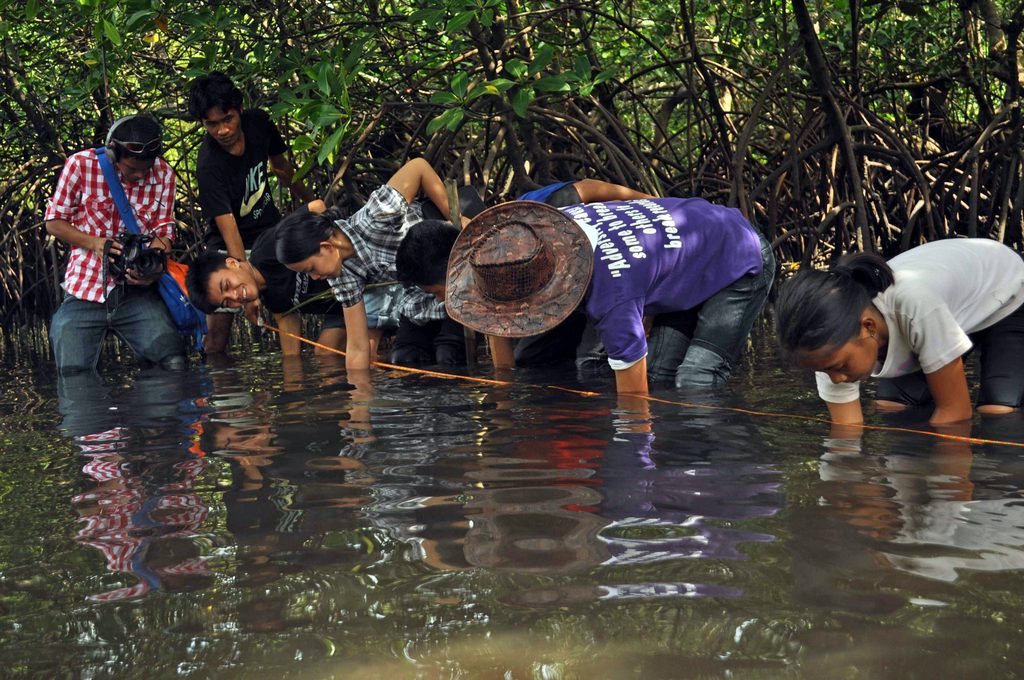In flood-stricken regions long-term solutions matter
Health project coordinator Claudia explains what it takes to keep children healthy and safe in Peru's flood-stricken Loreto region.
Children are among the most affected by climate change and disasters yet often the least consulted.
We believe all children and young people should enjoy full and equal access to their rights, and this should not be hindered by the threat of climate change.
All children have the right to meaningfully participate in climate change adaptation and disaster risk reduction (DRR) decisions and action.

We also advocate with, and on behalf of children, at national, regional and global levels to ensure that their needs and voices are heard by decision-makers.
Climate change represents a real and urgent threat to realising children’s rights across the world. Globally, almost 1 billion – half of the world’s – children live in countries that are at extremely high risk of climate change impacts.
The impacts of climate change are projected to get worse in the future.
Girls are often the most affected by the impacts of climate change, which is why we take a gender-transformative approach in all our climate change adaptation work.
Plan International recognises that the climate crisis is an intergenerational and gender injustice. Children around the world are taking collective action to advance climate justice. We work with children and their communities to reduce climate risks, adapt to climate change and strengthen resilience. We support their meaningful participation in decision making and leading climate action in their communities. Innovative, games-based and experiential learning approaches are used – integrated to community or school systems for long-term impact. Examples include:
Nineteen-year-olds Aires and Catherine are working to ensure their communities are prepared for weather-related emergencies and that young people have an active role in building community resilience.
Plan International strives to ensure our work contributes to strengthening children’s resilience to disasters and climate change. This is guided by our Pathways to Resilience framework.
This includes supporting key services for children – such as education or protection – to continue before, during and after an extreme weather or climate event. This can be through adaptation and better use of forecasts to take early or ‘anticipatory’ action before a disaster happens, to reduce the impacts on children.
More intense, more frequent and compounding disasters are seriously impacting education. Girls are especially vulnerable.
Climate related events in 2021 are estimated to have prevented at least four million girls from completing their education in low- and middle-income countries.
If current trends continue, by 2025 climate change will be a contributing factor in preventing at least 12.5 million girls from completing their education each year.
Plan International promotes an all hazards, all risks approach to ensure schools are safe and all children are equipped with the knowledge and skills to be better prepared for disasters.
Plan International is calling on governments to support and finance child-centred, gender-responsive climate change adaptation and loss and damage work whilst addressing differential impacts on girls and boys. Equally, we are advocating to ensure that all children and young people can meaningfully participate in climate change decision-making and action.
We are supporting the implementation of the Sendai Framework for Disaster Risk Reduction. Specifically, a child-friendly guide and approach was developed to support countries in a child-centred approach to disaster risk reduction.